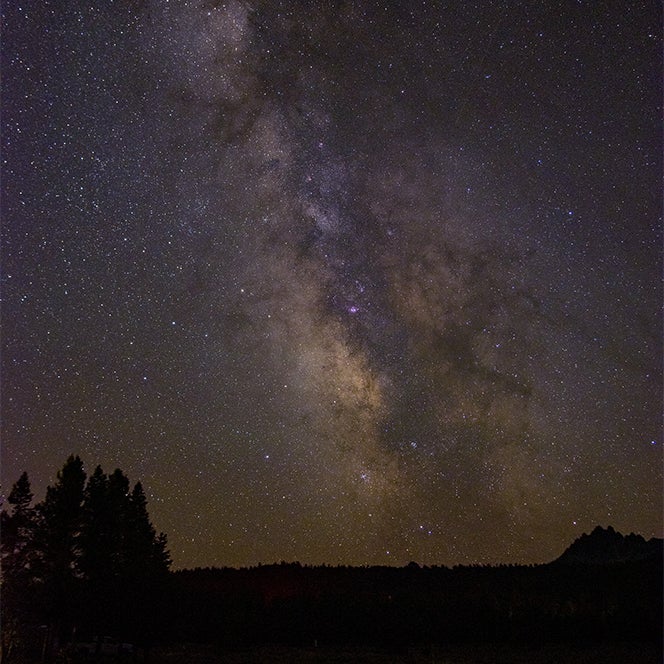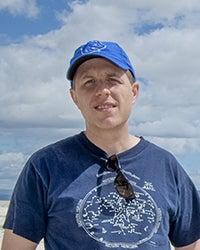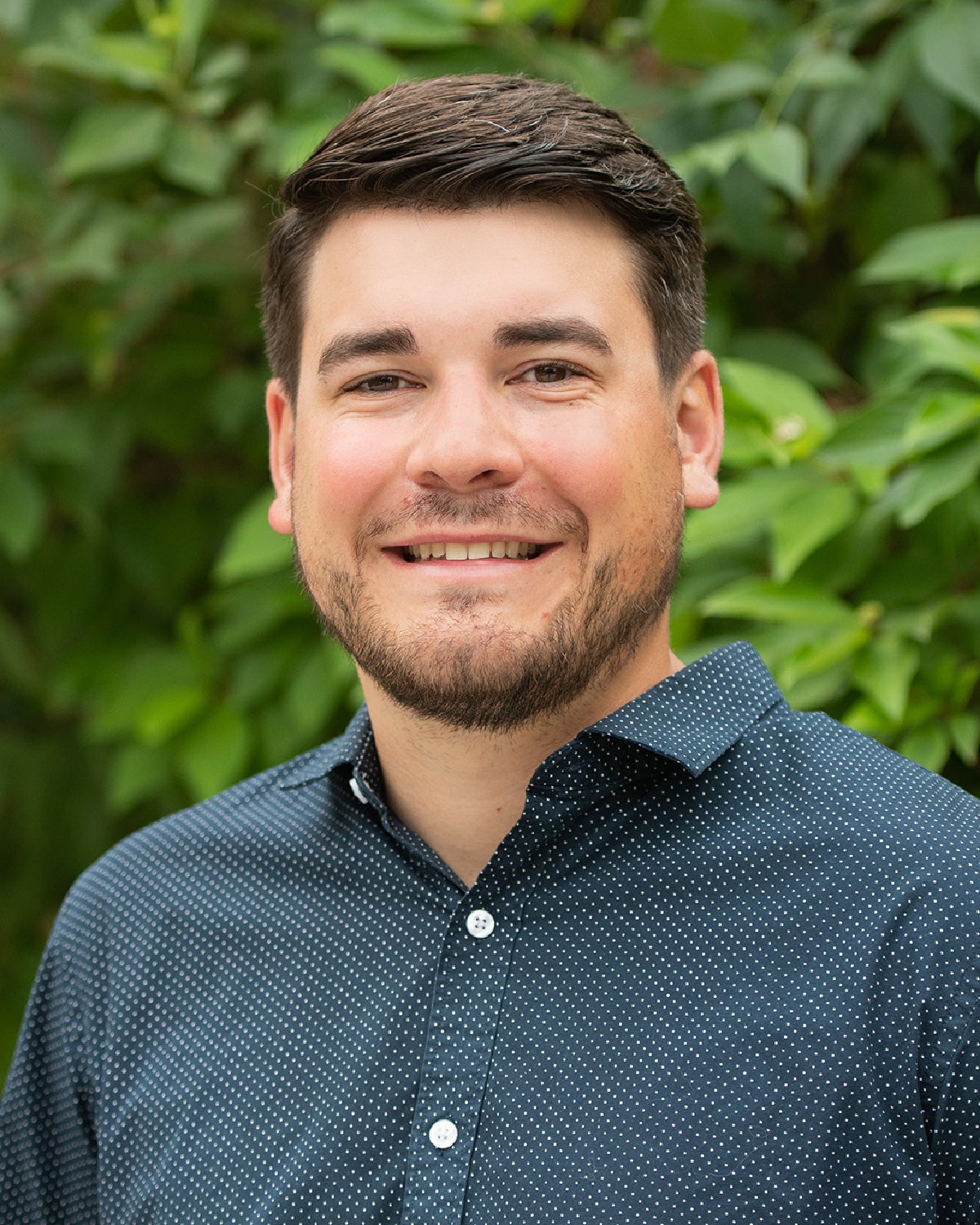
Idaho’s recent growth has largely taken place in urban areas. Much of the state remains rural. As a result, Central Idaho is one of the largest regions in the country with little or no light pollution. The skies there are so dark that the planet Venus casts visible shadows. This remarkable sky inspired decades of planning to create the Central Idaho Dark Sky Reserve. It is the sole reserve of its kind in the U.S. It encompasses 1,416 square miles, most of them public lands within the Sawtooth National Forest.
“We’ll be able to provide more of the engaging astronomy events that the Idaho public has come to love,”
Brian Jackson

Brian Jackson, an associate professor in the Department of Physics, recently received a $1 million award from NASA’s Science Activation Program that connects NASA science experts with community leaders. The cooperative agreement will support the Boise State Physics Astronomy outreach program and build a partnership with the reserve.
The Department of Physics hosts stargazing events and monthly astronomy lectures with experts from across the U.S. Idaho was in the path of the 2017 solar eclipse, and the Department of Physics became a go-to source for information and equipment. The department distributed almost 16,000 pairs of free eclipse shades to the public.
The NASA cooperative agreement will support many projects, including the training of Boise State astronomy undergraduates as members of the AstroTAC (Astronomers-in-Training Assisting the Community) team. Team members will provide STEM programs for schools, scouting troops, and other community groups. The award will also support an astronomer-in-residence. The astronomer will spend several weeks in Idaho and in the Central Idaho Dark Sky Reserve, working on public outreach and education.
“We will be able to share the wonder of space with so many people across our state, folks who have never seen Jupiter through a telescope or learned what it means when a blackhole spaghettifies a star,” Jackson said.
What happens when a star gets spaghettified? “That’s the teaser,” Jackson said.
Become a donor to support faculty research at Boise State.
Inspired? Let's Chat!
-

Melanie Bannister
Senior Director of Development
-
